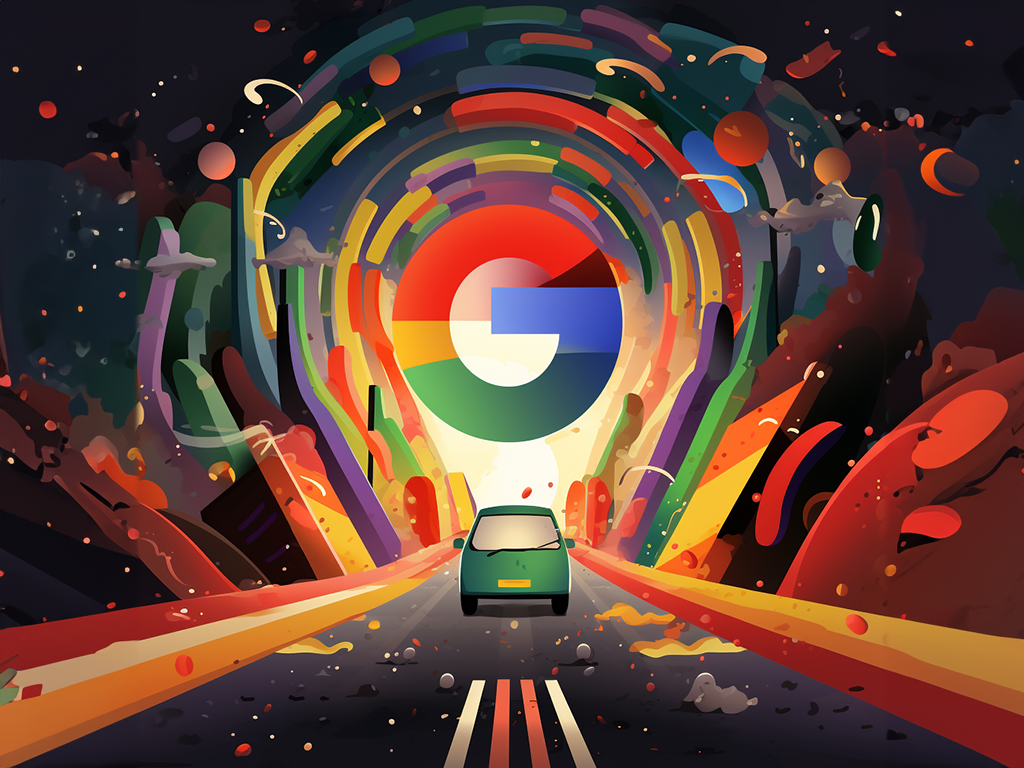By now most everyone has heard of Chat GPT, Bard and the acronym LaMDA over the past few months, and things are about to change significantly.
- GPT: Chat GPT is a large language model chatbot developed by OpenAI that can generate text, translate languages, write different kinds of creative content, and answer your questions in an informative way.
- Bard is a large language model chatbot developed by Google AI that can generate text, translate languages, write different kinds of creative content, and answer your questions in an informative way.
- Language Model for Dialogue Applications (or LaMDA for short)
For the sake of this article, we’ll stay focused on what we know today about the future of search, and provide some resources and links for additional discovery, for those who are curious minded.
Here’s what we know
- Google is introducing a new AI-powered search experience that will help users find information more quickly and easily. (Search Generative Experience or SGE)
- This search is replacing the 10 blue links in search
- The new search experience will use a variety of AI techniques to understand user queries and provide more relevant results.
- This will likely result in a compression of the user journey, resulting in fewer opportunities (likely 70% decrease) to get impressions, and fewer clicks.
- Some of the new AI features in Search include:
- Bard: A large language model that can answer questions, generate text, and translate languages.
- Multitask Unified Model (MUM): An AI model that can understand and respond to complex queries, even if they are open ended or challenging.
- Expert Insights: A feature that provides additional information from experts on a variety of topics.
- Related Topics: A feature that suggests related topics to explore after you have found an answer to your question.
- Visual Search: A feature that allows you to search for images by uploading a photo or taking a picture with your phone.
- The new search experience is still under development, but it is expected to be available to all users in the coming months.
- There are still Ads.
Google’s new Search Generative Experience, or SGE, incorporates AI-generated answers into its results. In this sample provided by Google, the AI offers advice on buying a bluetooth speaker. (Google)
Here’s how it works: You’ll still type your queries into a basic Google search box. But now on the results page, a colorful window pops up that says “generating” for a moment and then spits out an AI answer. Links for the sources of that information line up alongside it. Tap a button at the bottom, and you can keep asking follow-ups.
Sundar Pichai – CEO of Google and Alphabet
Recent Comments
AI is the most profound technology we are working on today. Whether it’s helping doctors detect diseases earlier or enabling people to access information in their own language, AI helps people, businesses and communities unlock their potential. And it opens up new opportunities that could significantly improve billions of lives. That’s why we re-oriented the company around AI six years ago — and why we see it as the most important way we can deliver on our mission: to organize the world’s information and make it universally accessible and useful.
Since then we’ve continued to make investments in AI across the board, and Google AI and DeepMind are advancing the state of the art. Today, the scale of the largest AI computations is doubling every six months, far outpacing Moore’s Law. At the same time, advanced generative AI and large language models are capturing the imaginations of people around the world. In fact, our Transformer research project and our field-defining paper in 2017, as well as our important advances in diffusion models, are now the basis of many of the generative AI applications you’re starting to see today
Initial Reactions
- The technology is moving FAST. In 6 months the current digital economy will be in perpetual change. The good news is that the change is impacting everyone.
- Google’s move to more “Relevant, Helpful and Informative”, plus the drive for “Expert” content will result in a new Opportunity unseen in years. For those with Great SEO already, we’ll be working on strategies to defend and retain positioning where we can. For those with Good, or still establishing SEO rankings we’re working on a strategy to help increase the expertise.
- Establishing expertise will be a key contributing factor to improved rankings
- Improved FAQs are being developed
- Helpful
- Google will still make money. Through restricting organic reach further, and in some cases testing searches with and without local businesses, continues to put pressure on the Paid Ads portion of programs. Ultimately, an increase in budget will be part of the strategy to maintain presence.
- In addition, we will begin to explore additional channels with emerging impressions, most likely in the video marketing channel across social media and streaming services.
- Maintaining a strong Review program, and ensuring that your GMB and Local Websites reflect your current offerings, contact information and staff.
Resources:
https://blog.google/technology/ai/bard-google-ai-search-updates/
https://www.washingtonpost.com/technology/2023/05/10/google-search-ai-io-2023/
https://www.seroundtable.com/google-i-o-search-algorithm-ranking-update-35378.html
————————
How many times does Google update its search algorithms?
Google search is changing all the time. In 2020, Google made 4,500 changes to search. This number includes changes to its ranking system, user interface and more. Plus, Google ran more than 600,000 experiments. That means Google search is changing, on average, 12 times per day.




